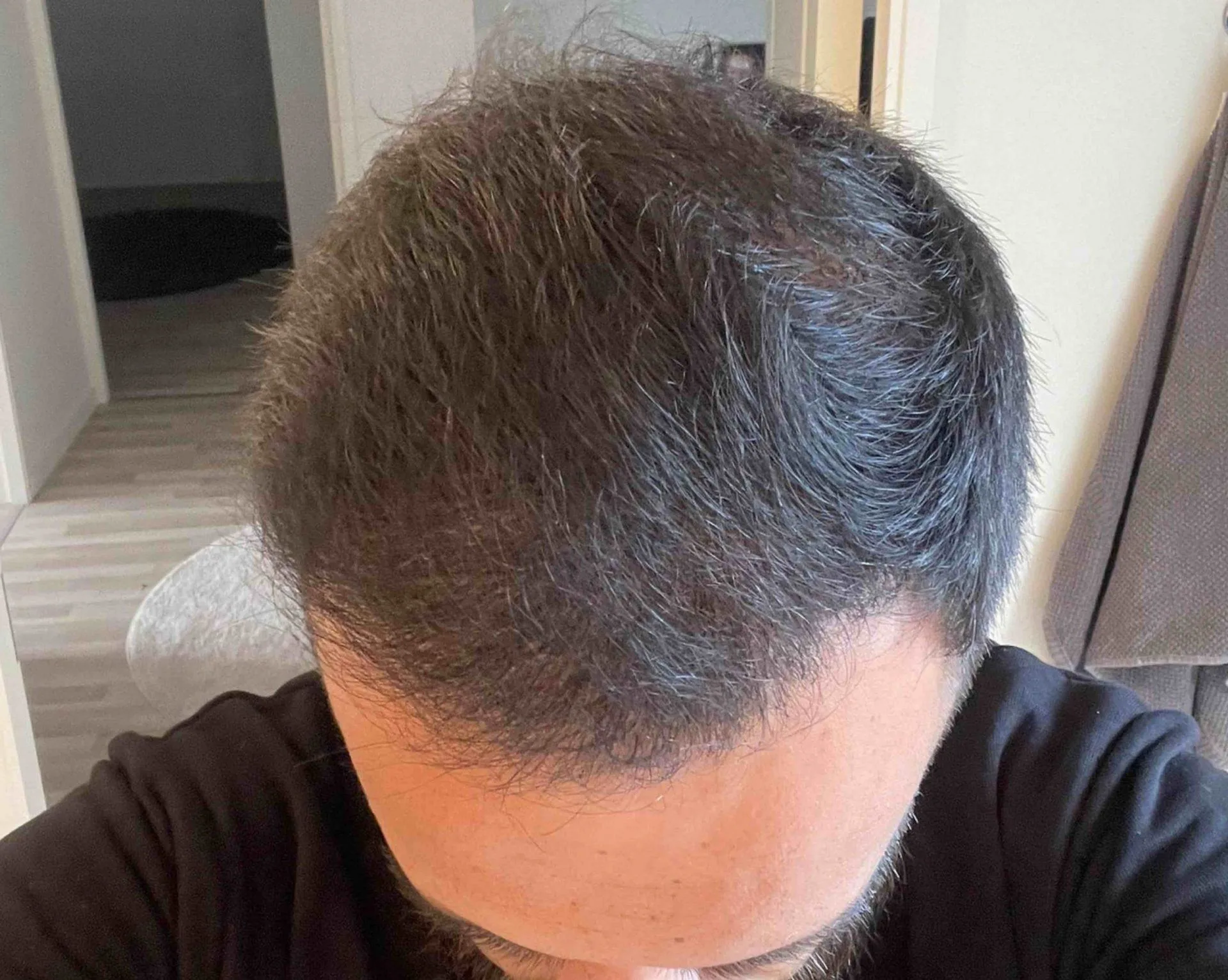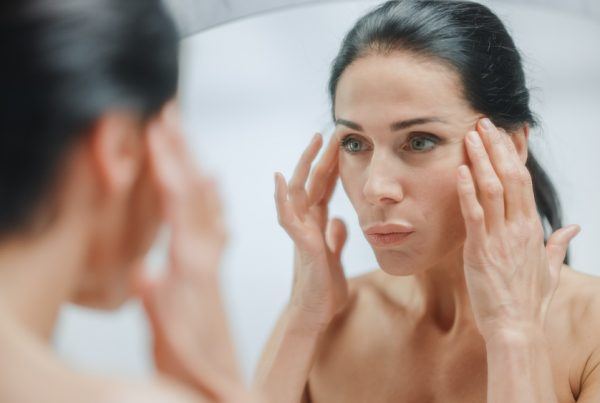Combatting hair loss isn’t easy, and lots of people suffer from it at some point in their life. However, how you approach solving it can be the determining of your results. One of the most popular hair restoration procedures is a hair transplant. More and more people are now turning to them to try to gain back their luscious locks.
Once you’ve had your transplant, you’ll most likely be super excited to start playing with different styles and cuts, and perhaps even colors.
Hair transplants are growing in popularity
So, if you’ve had or are thinking about having a hair transplant, keep reading and find out exactly when you can color your hair. By the way, the best hair transplant in Turkey from Vera Clinic is said to have an amazing success rate and help you get your dream hair once again
Coloring Your Hair
Once you’ve had a hair transplant and the new hairs start to grow through, they’ll start to reflect the rest of your hair and match whatever color the donor ones were. This means that if your hair was naturally turning gray, then the newly transplanted ones will do the same. This means you need to carefully choose the color that you dye your hair to ensure that it will cover the grays.
You’ll need to think about your roots as they grow through, as if they’re grey, you might want to avoid a colour that’s too dark. Grey hair will naturally appear over time anyway, but if you’re wanting to reduce the appearance of it, then you might want to speak to a professional and seek their advice.
When Can I Do It?
When you have a hair transplant, your scalp will be extremely sensitive and delicate, so it’s crucial that you take good care of it during the healing process. Any disturbance or damage to it can reverse the effects of the transplant and cause the newly transplanted follicles to fall right back out.
Professionals advise that you shouldn’t colour your hair for at least six weeks once you’ve had your transplant, but it may take longer depending on how your scalp has healed. When you do decide to colour it after the appropriate amount of time, it’s always a good idea to go to a professional hair stylist as they will be able to do the least amount of damage to your new hair.
You also need to be mindful of what your surgeon recommends. Others may advise you to wait more than six weeks, so you always make sure you go by their guidance.
Can I Bleach It?
Bleaching your hair is quite different from coloring it, and it can be a lot more damaging. The chemicals in bleach are a lot stronger than other colors, so it may hurt your scalp if it’s not fully healed.
Again, it’s best to wait at least six weeks before putting bleach on your hair, and again always go to a professional. You don’t want to do any damage to your fragile scalp, so be extra careful when approaching bleach.
Bottom Line
Dying your hair after a transplant is always risky, especially if you aren’t sure that your scalp is fully healed. It’s always best to wait for the amount of time that your hair clinic recommends you to, and it’s smart to go to a hair salon to get it done.
Your hair transplant will have the best rate of success if you let it heal properly without potentially damaging it with hair color. So, yes you can color your hair after a hair transplant, but you do need to let it heal first!
Main photo credit: Twitter @VeraClinic





![women [longevity live]](https://longevitylive.com/wp-content/uploads/2020/01/photo-of-women-walking-down-the-street-1116984-100x100.jpg)








